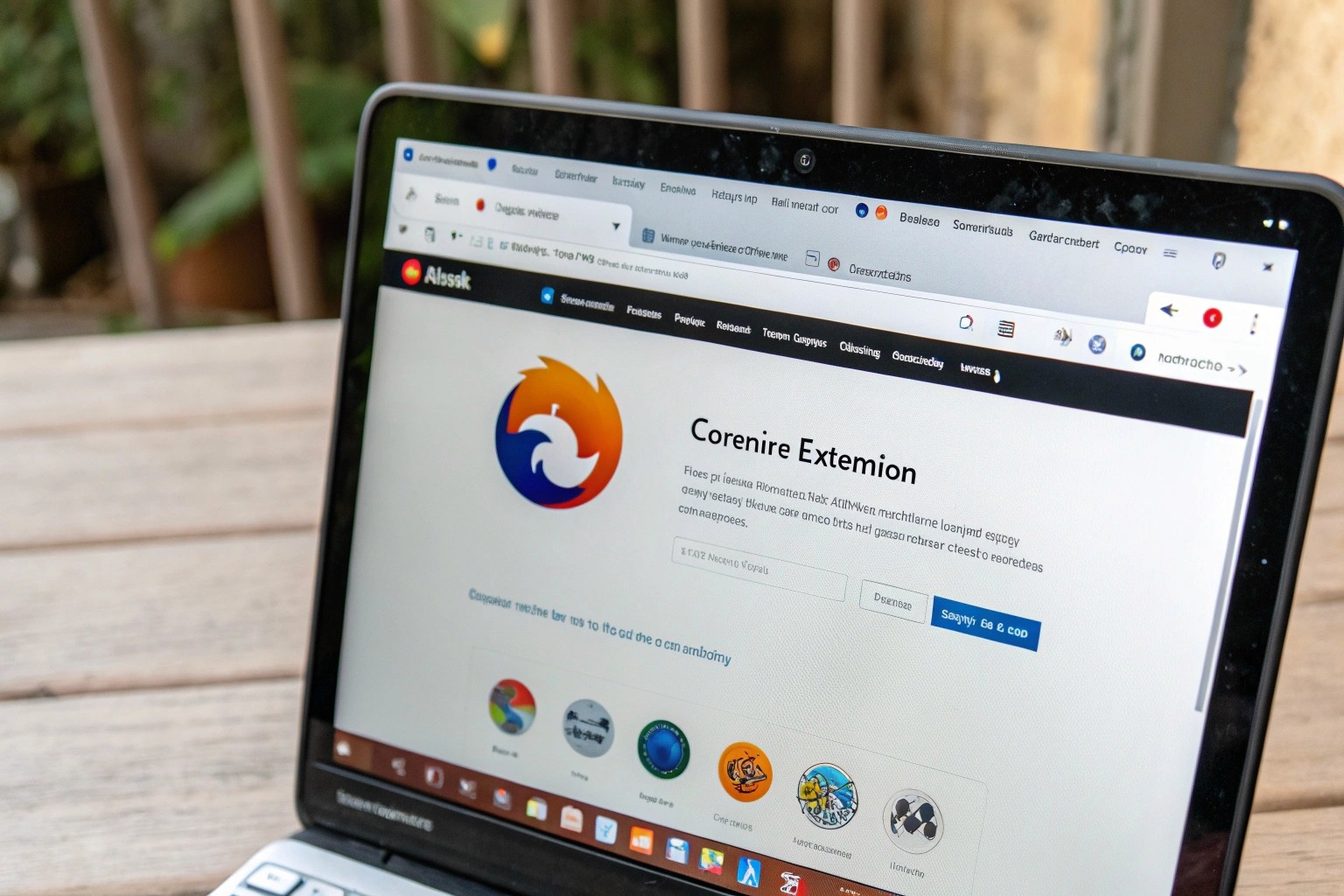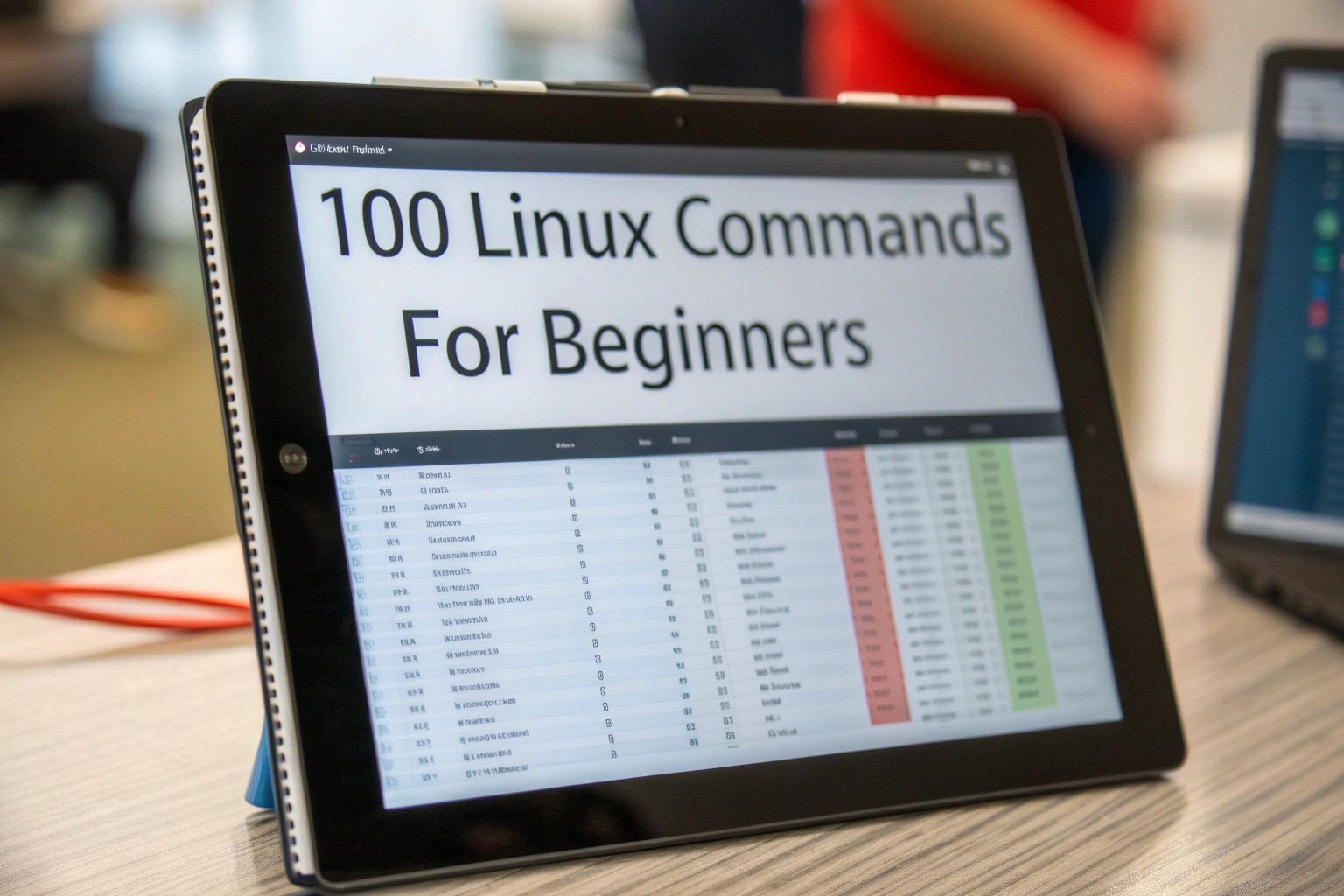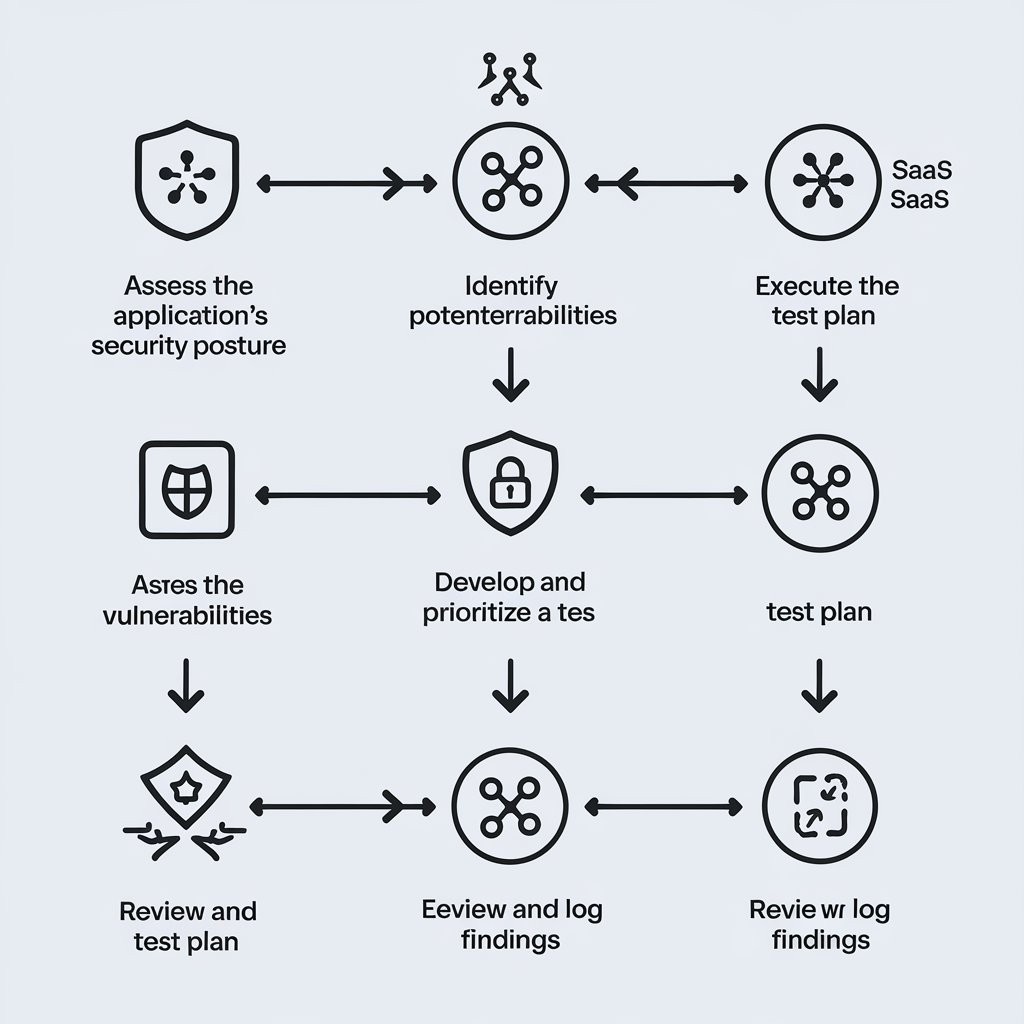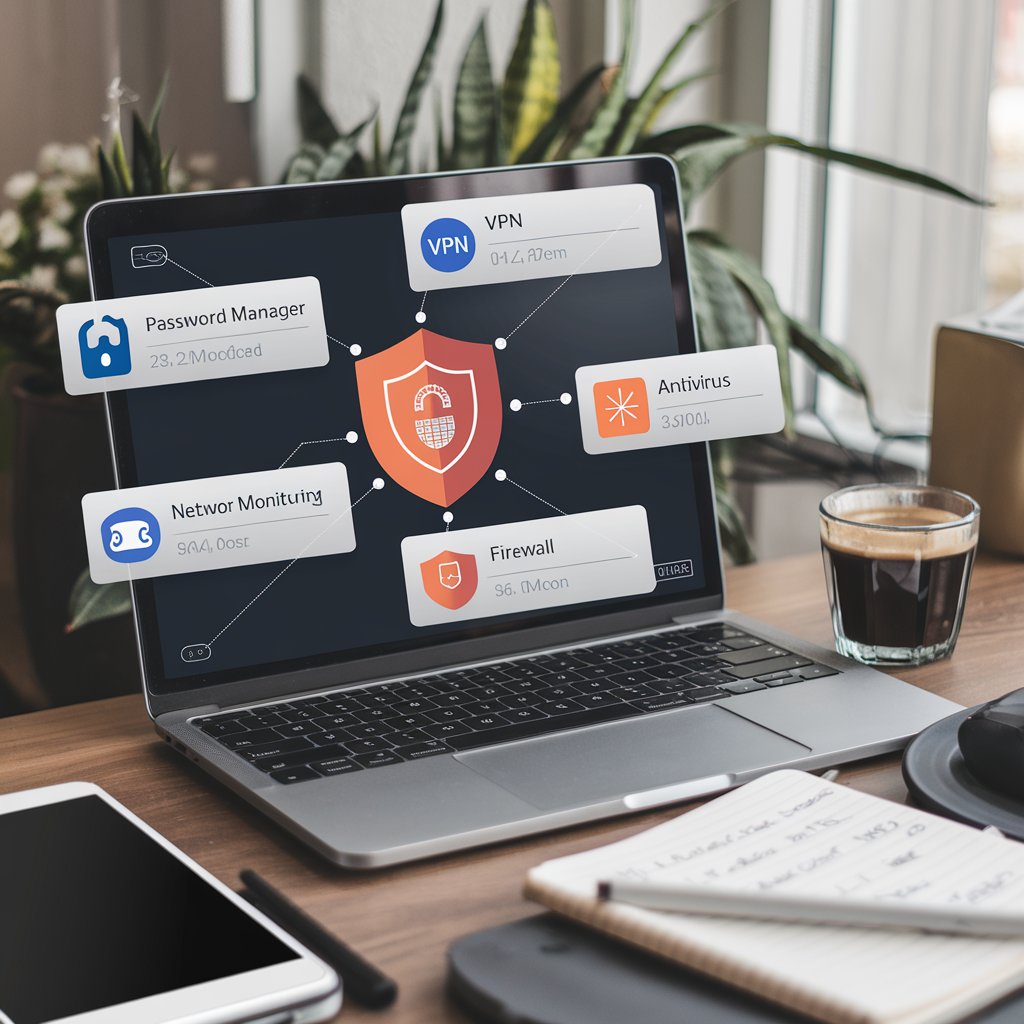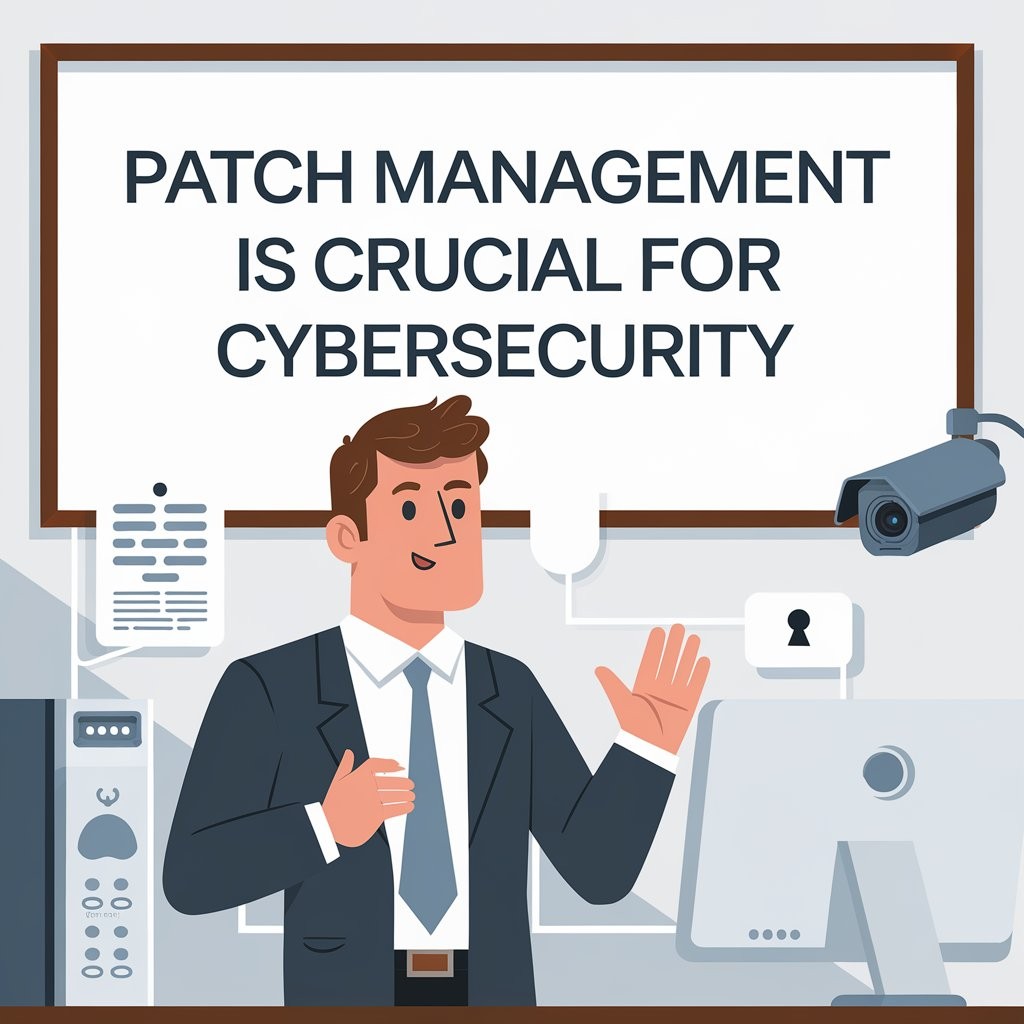UA
5 Min Read
1. Define the Scope of the Audit
Determine what the audit will cover, such as networks, applications, devices, and compliance requirements.
Questions to Ask:
Are we auditing the entire IT infrastructure or specific components?
What regulations or standards (e.g., GDPR, HIPAA, ISO 27001) must we comply with?
2. Assemble an Audit Team
Select a skilled team that understands cybersecurity and compliance standards.
Options:
Internal IT and security teams.
External cybersecurity consultants or auditors.
3. Gather Documentation
Compile all relevant documents, including:
IT policies and procedures.
Network architecture diagrams.
Incident response plans.
Security tools and software inventory.
4. Identify Risks and Threats
Perform a risk assessment to identify potential vulnerabilities and threats.
Tools to Use:
Vulnerability scanners (e.g., Nessus, Qualys).
Risk management frameworks (e.g., NIST, FAIR).
5. Review Access Controls
Evaluate who has access to critical systems and data.
Key Checks:
Review user permissions and roles.
Ensure Multi-Factor Authentication (MFA) is implemented.
6. Assess Network Security
Analyze the security of your network infrastructure.
Steps:
Check firewall configurations and intrusion detection systems.
Monitor for unusual traffic or unauthorized devices.
7. Test Applications and Software
Identify vulnerabilities in web applications, mobile apps, and other software.
Recommended Techniques:
Penetration testing.
Code reviews.
Automated vulnerability scans.
8. Evaluate Endpoint Security
Ensure all devices, including employee laptops and mobile devices, are secure.
What to Check:
Antivirus and endpoint protection software.
Security patch levels.
Device encryption.
9. Review Data Protection Measures
Ensure sensitive data is adequately protected against breaches.
Focus Areas:
Encryption of data at rest and in transit.
Backup and disaster recovery plans.
Data Loss Prevention (DLP) tools.
10. Check Compliance Requirements
Ensure compliance with industry standards and regulations.
Examples:
PCI DSS for payment security.
HIPAA for healthcare.
GDPR for data protection in the EU.
11. Analyze Incident Response Capabilities
Evaluate your organization's ability to detect, respond to, and recover from cyber incidents.
Steps:
Review incident response plans.
Test response through tabletop exercises or simulations.
12. Document Findings and Recommendations
Compile a report detailing:
Identified vulnerabilities and risks.
Compliance gaps.
Recommendations for improvement.
13. Implement Improvements
Prioritize and address the audit's findings.
Actions to Take:
Apply security patches.
Update security policies.
Train employees on cybersecurity best practices.
14. Schedule Regular Audits
Cyber threats evolve, so audits should be a recurring activity.
Frequency:
Quarterly or semi-annually for high-risk environments.
Annually for less complex systems.
15. Use Audit Tools and Frameworks
Leverage tools and frameworks to streamline the process.
Frameworks:
NIST Cybersecurity Framework.
ISO/IEC 27001.
CIS Controls.
Tools:
SIEM tools (e.g., Splunk, LogRhythm).
Vulnerability scanners (e.g., OpenVAS, Qualys). audit3aa
Join our newsletter list
Sign up to get the most recent blog articles in your email every week.
You can copy our materials only after making sure that your services are safe.
This site is protected by reCAPTCHA and the Google Privacy Policy and Terms of Service apply.


